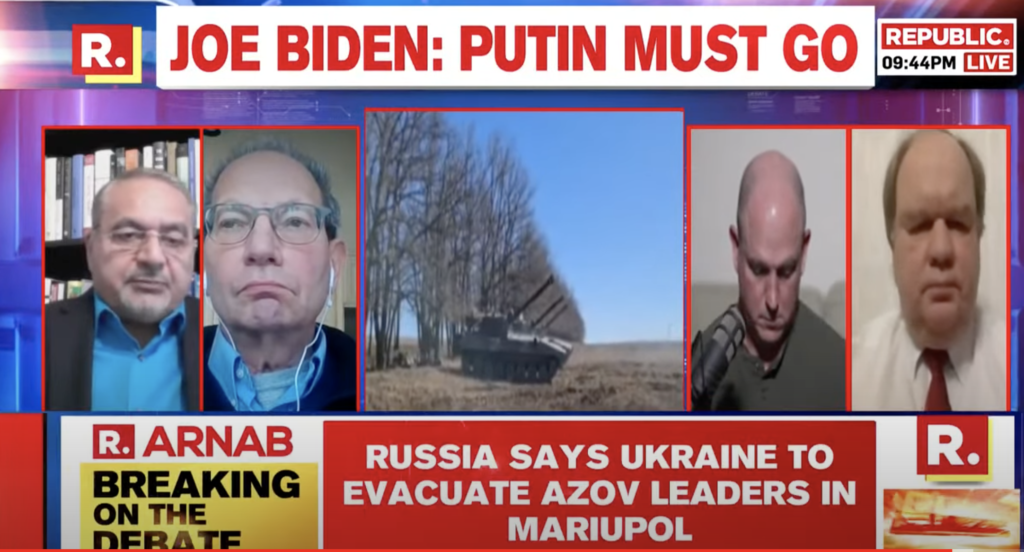
Tag: Russia
Why Iran Prefers The Eastern Bloc Over The West
When the civil war in Syria began in 2011, the U.S.-led bloc and its regional allies, including Saudi Arabia, devoted their resources to removing Syrian President Bashar al-Assad. However, as the result of Iranian-Russian cooperation to buttress the Assad’s government, they failed to achieve their goals. The addition to this alliance of Turkey, which initially opposed Assad’s government, has further made it clear that President Assad has won the six-year war and will remain in power. If successful, the trilateral cooperation can play a more substantive role in managing other crises in the region.
Trump’s Syria Strike Puts America At The Precipice Of Another Middle East War
“Trump’s Syria Strike Puts America At The Precipice Of Another Middle East War,” Seyed Hossein Mousavian, The Huffington Post, April 13, 2017.
Amb. Mousavian Quoted in Le Monde on Syria Strikes
“For Iran, it is the responsibility of the UNSC to decide about all issues related to international peace and security and therefore the US cannot determine redlines and take actions unilaterally. The US is making the UNSC irrelevant. ”
“As the US become more unpredictable, Iran would be also more unpredictable.”
“L’Iran est encerclé par les Américains,” Caroline Hayek, Le Monde, April 8, 2017.
Russia-Iran strategic ties keep US guessing
“Russia-Iran strategic ties keep US guessing,” MK Bhadrakumar, Indian Punchline, March 26, 2017.
Trump’s ISIS challenge: Given the President’s many impulses, some contradictory, it’s far, far easier said than done
“Trump’s ISIS challenge: Given the President’s many impulses, some contradictory, it’s far, far easier said than done,” Seyed Hossein Mousavian, NY Daily News, March 16, 2017.
Trump Cannot Afford To Shut Out Iran If He Wants To Defeat ISIS
“Trump Cannot Afford To Shut Out Iran If He Wants To Defeat ISIS,” Seyed Hossein Mousavian, The Huffington Post, January 31, 2017.
America’s Attitude Toward Iran Risks Shifting Tehran’s East-West Balance Toward Russia
“America’s Attitude Toward Iran Risks Shifting Tehran’s East-West Balance Toward Russia,” Seyed Hossein Mousavian, The Huffington Post, October 13, 2016.
Who Benefits Most From a Sabotaged Iran Nuclear Deal
“Who Benefits Most From a Sabotaged Iran Nuclear Deal,” Seyed Hossein Mousavian and Hesam Rahmani, The Huffington Post, September 7, 2016.